Parreno, Höller and Demand inaugurate Albania’s Center for Openness and Dialogue in Tirana
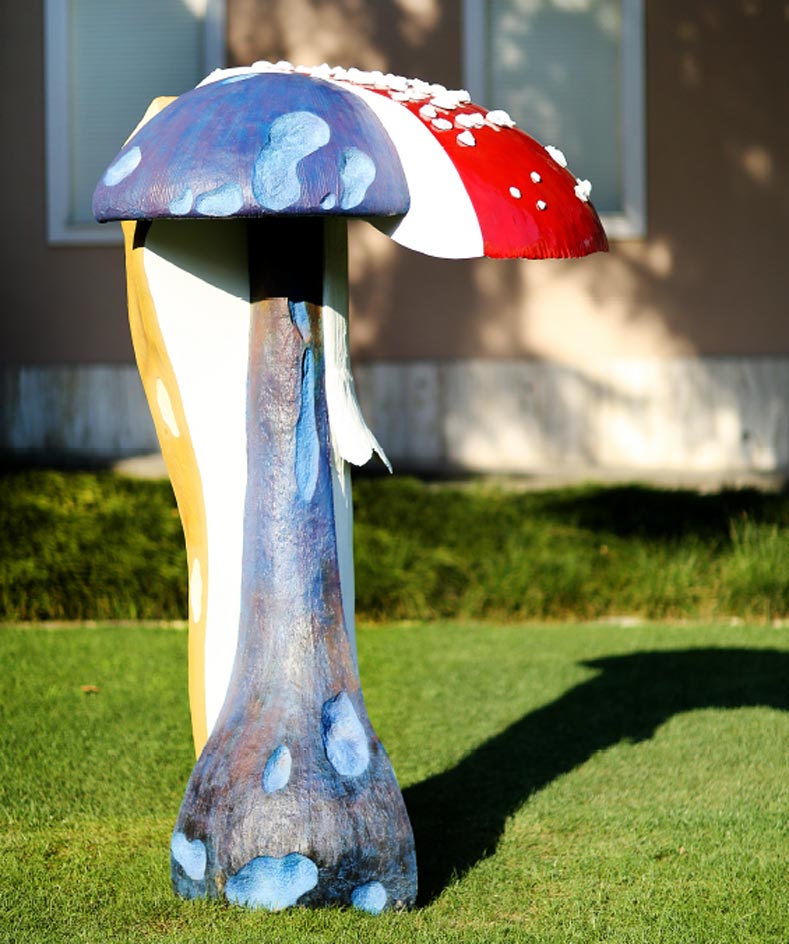
The Centre for Openness and Dialogue – a new public space dedicated to arts and culture – has opened its doors on the first floor of the Albanian government building in Tirana, with an impressive showcase of work by Philippe Parreno, Carsten Höller and Thomas Demand.
Part of a new drive by the Albanian government to make the country's public institutions and records – as well as art and research institutions – more accessible to citizens, the Centre houses a 'Digital Room' with an archive of the Prime Minister's office, a library and an exhibition hall.
The artworks, donated by the artists as gifts to the people of Albania, have been woven into the existing government building and its landscape. Greeting visitors on the lawn as they approach is Triple Giant Mushroom, created specially for the Centre by Carsten Höller. Modelled on three different types of wild mushrooms – both poisonous and edible varieties – the sculpture, the artist explains, is a comment on Albanian politics, while its colours can be seen as a nod to the legacy of Prime Minister Edi Rama's controversial visual policy in the Albanian capital, where nondescript buildings were painted liberally in vibrant colours during his tenure as the city's mayor from 2000 – 2011.
At the entranceway, visitors are welcomed in under a large Marquee light sculpture by Philippe Parreno, who has previously created iterations of the work for the Guggenheim Museum and Park Avenue Armory in New York, Palais de Tokyo in Paris and the Palazzo Grassi in Venice. Illuminating the building's historical entrance, the suspended sculpture acts as a meeting point between culture and political policy, knowledge and critical thought, the outdoors and indoors.
Once inside, visitors can find three works by Thomas Demand: Tribute, 2011, Attraction, 2013 and a brand new piece called Sign, 2015, showcased for the first time at the Centre. For the new work, Demand set up and photographed a workshop scene where a sign is being produced for the 1939 New York World's Fair, with its 'Building The World of Tomorrow' theme. The unfinished sign – a whitewashed, silhouetted handshake – symbolises a 'partnership between the people of the world by consumerism'.
In addition, Zef Paci kicks off the first in a planned series of exhibitions in the Digital Room entitled 'Photography Rewrites History', where guest curators from various fields will explore their subject using the array of documents and artifacts made accessible through the Centre's archive, including manufactured articles drawn from the storages of and exploring the government's totalitarian history. Paci's research focuses in on the period between 1945 and 1991 and is presented in the form of two slide projections: one showing photographs of daily life in Albania, the other a selection of images of its political past. 'Within its boundaries, photography is characterised by an unmatched dramatic value,' explains Paci, 'the feeling that the frozen moment has been and was exactly... the same. The request was not to invent a story that seemed true, but present some truths as [though] they were a story – observed, ordered and told subjectively.'
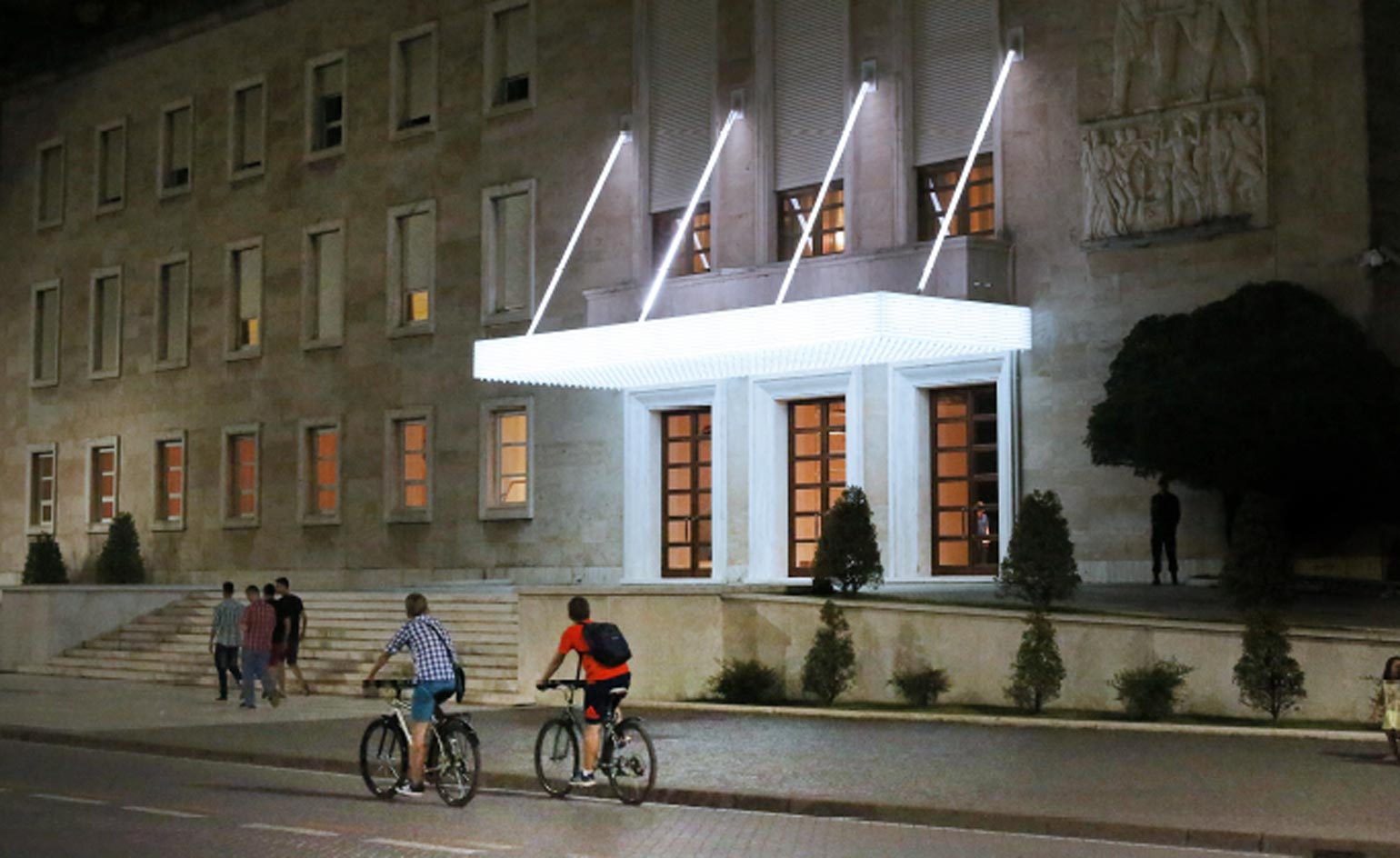
Part of a new drive by the Albanian Government to make the country's public institutions and records more accessible to citizens, the Centre houses a digital archive of the Prime Minister's office, a library and an exhibition hall. Pictured: Marquee, 2015 – a large light sculpture by Philippe Parreno, located above the Centre's entranceway.
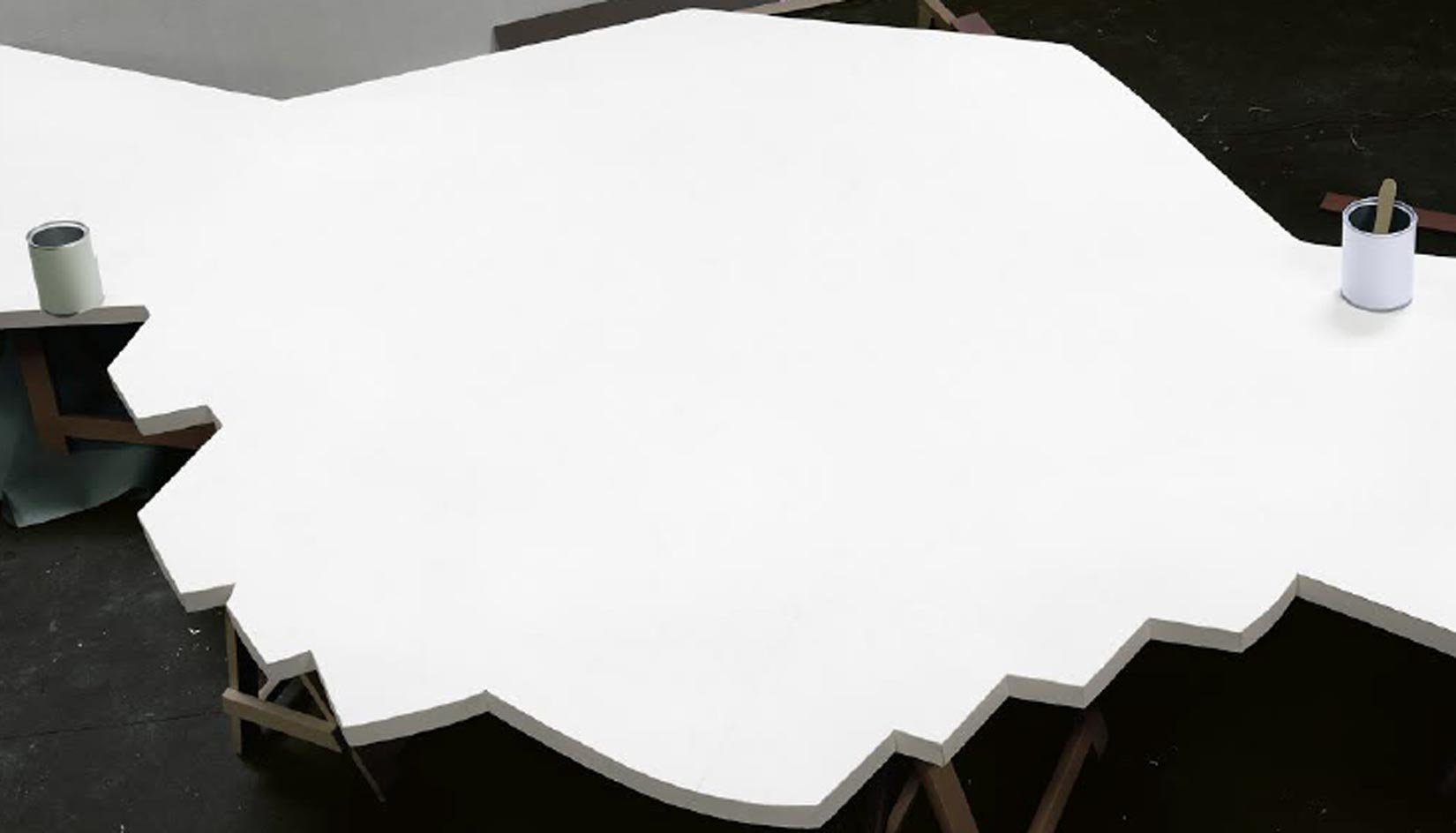
Once inside, visitors will find three works by Thomas Demand, including a brand new piece called Sign, 2015 (pictured), showcased for the first time at the Centre.
ADDRESS
Centre for Openness and Dialogue
Kryeministria
Bulevardi Dëshmorët e Kombit, 1
Tirana
Wallpaper* Newsletter
Receive our daily digest of inspiration, escapism and design stories from around the world direct to your inbox.
Ali Morris is a UK-based editor, writer and creative consultant specialising in design, interiors and architecture. In her 16 years as a design writer, Ali has travelled the world, crafting articles about creative projects, products, places and people for titles such as Dezeen, Wallpaper* and Kinfolk.
-
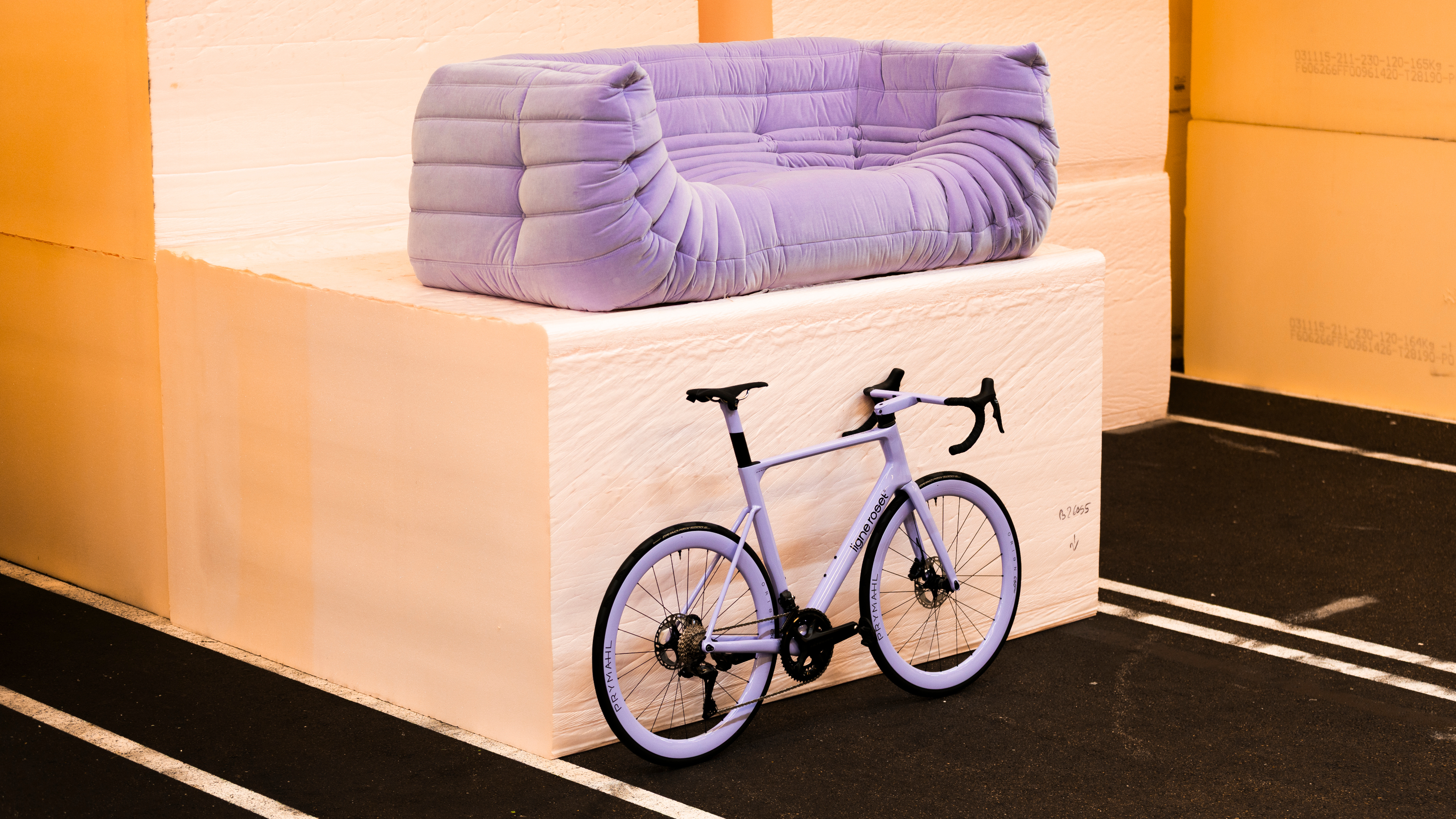 Ligne Roset teams up with Origine to create an ultra-limited-edition bike
Ligne Roset teams up with Origine to create an ultra-limited-edition bikeThe Ligne Roset x Origine bike marks the first venture from this collaboration between two major French manufacturers, each a leader in its field
By Jonathan Bell
-
 The Subaru Forester is the definition of unpretentious automotive design
The Subaru Forester is the definition of unpretentious automotive designIt’s not exactly king of the crossovers, but the Subaru Forester e-Boxer is reliable, practical and great for keeping a low profile
By Jonathan Bell
-
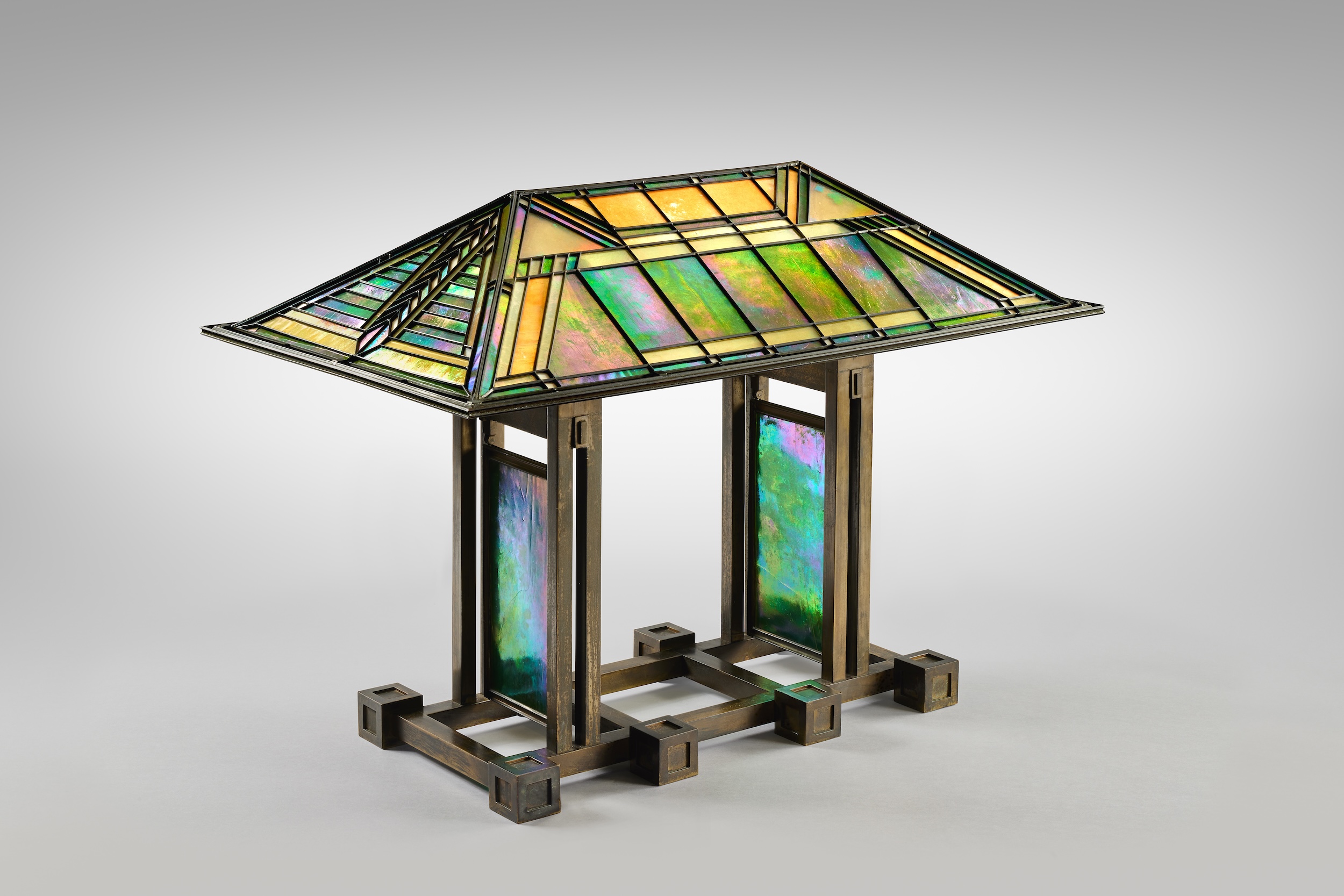 Sotheby’s is auctioning a rare Frank Lloyd Wright lamp – and it could fetch $5 million
Sotheby’s is auctioning a rare Frank Lloyd Wright lamp – and it could fetch $5 millionThe architect's ‘Double-Pedestal’ lamp, which was designed for the Dana House in 1903, is hitting the auction block 13 May at Sotheby's.
By Anna Solomon
-
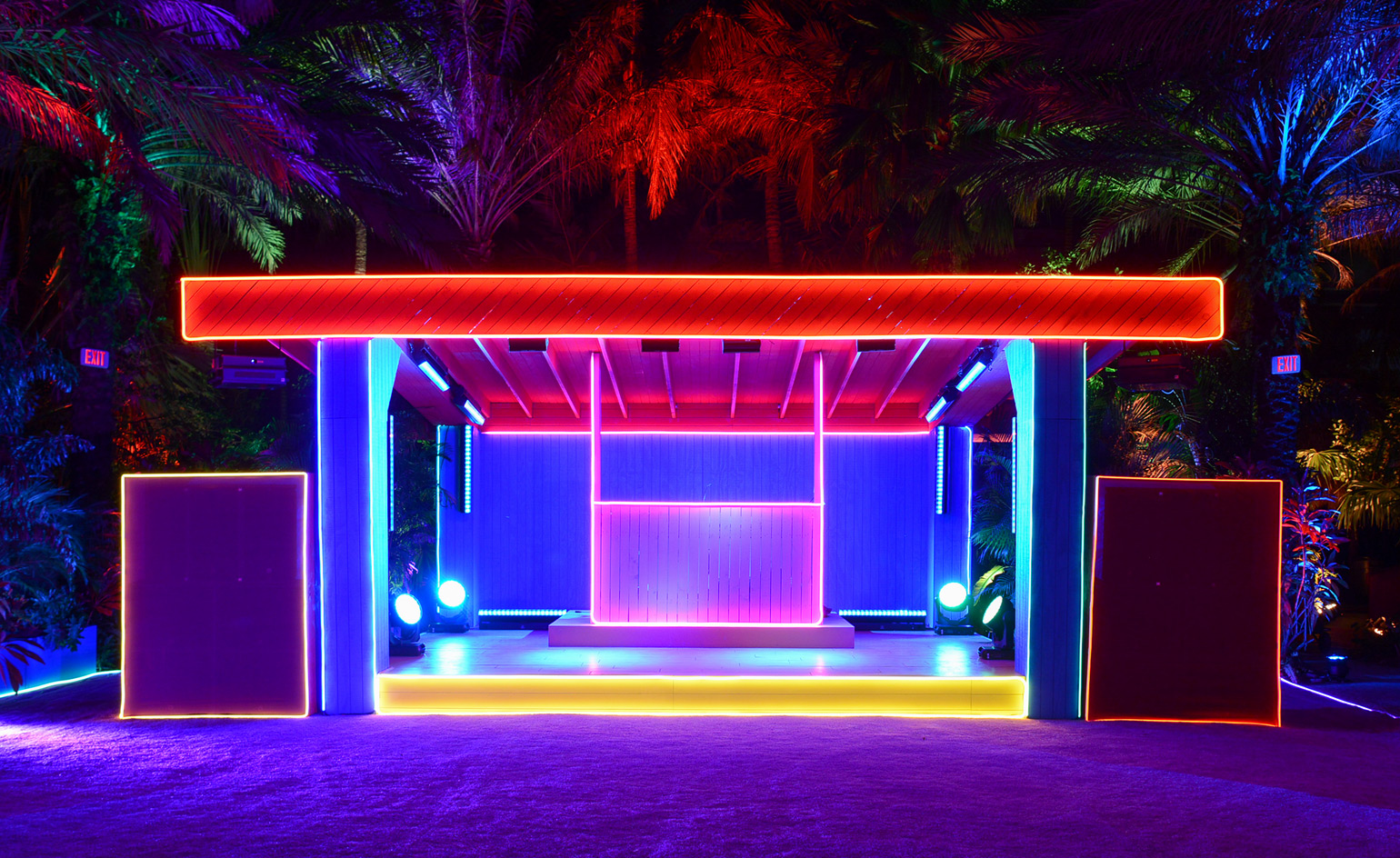 Miami moves: artist Carsten Höller on his pop-up club for Prada
Miami moves: artist Carsten Höller on his pop-up club for PradaBy Ali Morris
-
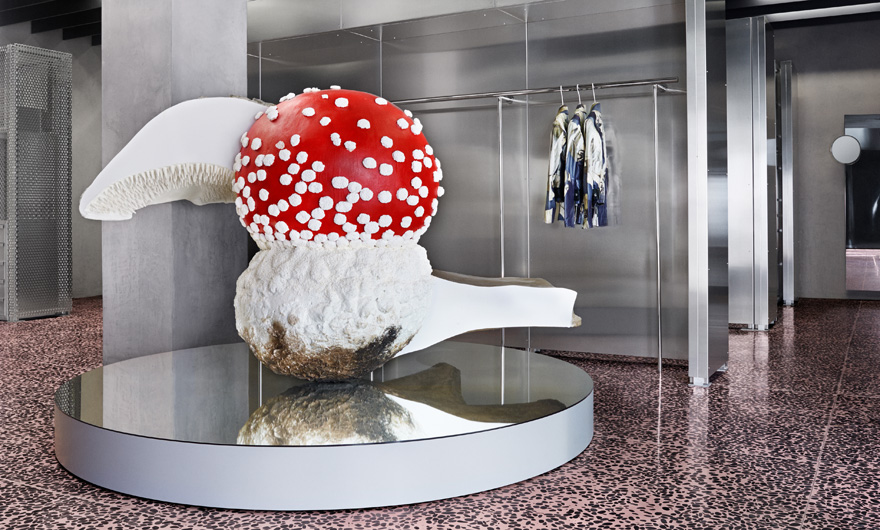 Acne Studios take up residence in downtown LA's Eastern Columbia Building
Acne Studios take up residence in downtown LA's Eastern Columbia BuildingBy Katrina Israel
-
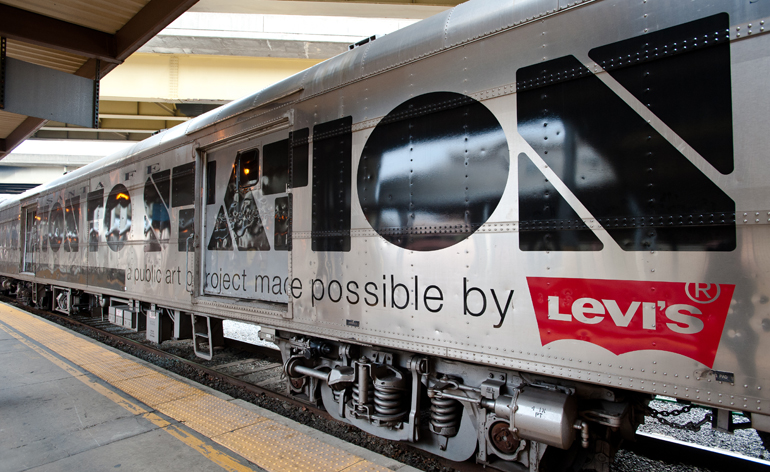 Doug Aitken’s Station to Station project travels across the US
Doug Aitken’s Station to Station project travels across the USBy Pei-Ru Keh